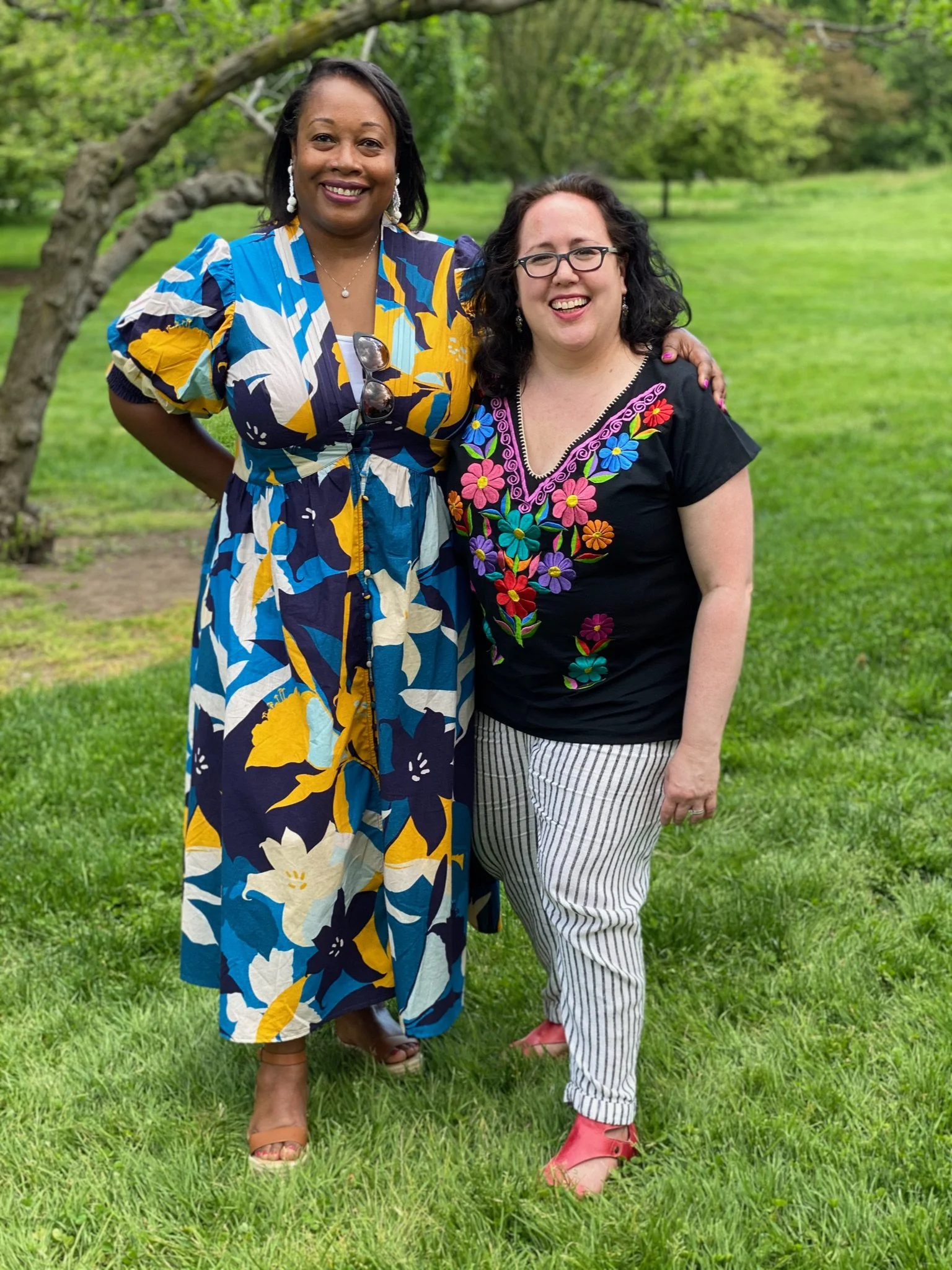This is the institute for educators who believe Black History shouldn’t only be taught in February
The history of the United States is a rich and compelling one. Unfortunately it has also commonly been taught in ways that rely on canned and oversimplified narratives. This institute aims to disrupt that practice by embracing the joyful, affirming and powerful effects the lives of Black people have had and continue to have on our country.

—
—
This institute, designed for educators in grades K-8, is designed by educators and includes content, methods, and a transferable framework for teaching history. In this institute, participants will learn:
Black American History Content
While it is common to focus on chronological history, this institute will instead teach content through a range of historical themes including, but not limited to, political movements, arts, and innovation. Participants will delve beyond the most familiar historical figures and into events, ideas and groups that shaped and continue to shape the United States, in grade appropriate ways.
A Framework for Teaching History
Participants will learn about and apply a historical framework to guide curriculum development and teaching. The framework will be used throughout all three days of the institute and is designed to enable educators to design historical instruction on any topic.
Methods for Teaching
Our identities as educators, and our students’ identities have a direct impact on our instructional choices. Participants will explore the interplay of identity and instruction and develop strategies and methods for teaching history - especially when either the students or the people being taught about - have different identities from our own.
Celebratory and Unsettling Truths
History is filled with triumphs and sorrow. Often it can be difficult to know how to frame historical truths in age appropriate ways. The presenters will share practices that educators can use to teach truth in culturally affirming and sustaining ways.
Solidarity and Intersectionality
Because the United States is a country filled with racial, ethnic, cultural, and socioeconomic diversity, it is important to explore the ways people across history have collaborated and been in community. Participants will have an opportunity to explore ways Black history can and should be included, no matter what topics are on a school’s scope and sequence.
Curricular and Model Flexibility
No matter if you use text books, inquiry, IB, essential questions, workshop, project-based learning or all of the above, you will be able to apply what you learn in this institute to your teaching right away. Participants will leave with lots of multimodal resource options as well as strategies for finding and vetting resources to use in future instruction no matter what curriculum or instructional model you use.
Sonja Cherry-Paul & Colleen Cruz
Sonja Cherry Paul & Colleen Cruz are long time educators, authors, and friends. Their shared passion for joyful, content-rich, equity centered teaching and learning means that in addition to their solo endeavors, they grab any opportunity they can find to collaborate. This institute was born out of this collaboration.
Sonja Cherry-Paul, is the founder of Red Clay Educators, the author of several books including Stamped for Kids, a New York Times Bestseller, and leads professional development with educators around the world, spotlighting the relationship between teaching, literacy and equity.
M. Colleen Cruz, is the founder of M.C. Cruz LLC, author of several books for educators, including the best selling Writers Read Better: Nonfiction, and provides professional development nationally and internationally focused on accessibility, literacy, mistake-making, and social justice.

